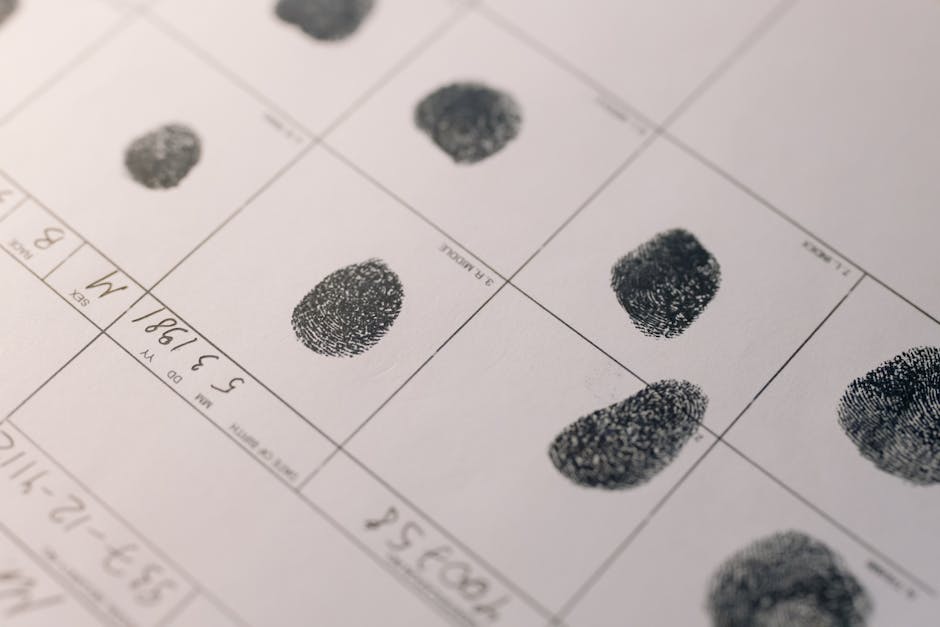Uncover Blockchain's Role in Real Estate: Boost Title Integrity Today
In today’s fast-paced digital world, navigating the legal aspects of blockchain in real estate can seem daunting. With the integration of new technologies in traditional legal practices, property transactions have evolved, but they also bring unique challenges. Understanding how to maintain property title integrity and enhance transfer efficiency with the help of blockchain technology is essential for all stakeholders involved—from buyers and sellers to lawyers and title companies.
Imagine a world where real estate transactions are not mired in paperwork and delays. Picture automated systems that ensure data accuracy and reduce fraud risks. This is not just a dream; it is increasingly becoming a reality. As blockchain technology continues to mature, its application in real estate is set to redefine how property transactions are conducted. In this article, we will delve into the vital aspects of using blockchain for real estate—focusing on how it can enhance title integrity, improve transaction efficiency, and dissolve traditional barriers faced by the industry.
Understanding Blockchain Technology in Real Estate
What is Blockchain?
At its core, blockchain is a decentralized digital ledger that records transactions across many computers. This technology ensures that records cannot be altered retroactively without the consensus of the network, guaranteeing data transparency and security. In real estate, blockchain can facilitate secure and efficient transactions. Buyers, sellers, and title companies can verify ownership histories and property statuses swiftly—even cross-border transactions can become straightforward processes using smart contracts.
The Role of Smart Contracts
Smart contracts are programmable agreements stored on blockchain networks that execute transactions automatically when predetermined conditions are met. For instance, a smart contract could facilitate a real estate transaction by automatically transferring ownership once payment is verified. This minimizes the need for intermediaries, cutting down transaction costs and closing times. Have you ever experienced delays in property transactions? Smart contracts aim to eliminate these inefficiencies.
While real estate transactions traditionally took weeks or even months to close, blockchain technology can significantly reduce this timeline. This speedier process not only benefits buyers and sellers but also enhances security by reducing human intervention, thus preventing potential errors or fraud.
Enhancing Property Title Integrity with Blockchain
1. Transparent Title Records
One of the paramount concerns in real estate transactions is the reliability of property titles. A study by the World Economic Forum highlighted that errors in title records could lead to millions in economic losses each year. Blockchain provides a solution to this problem by offering transparent, immutable records of ownership. Each time a property changes hands, transaction details become part of the blockchain, easily accessible for verification.
2. Reducing Fraud Risks

According to the FBI, real estate fraud is on the rise, costing individuals and businesses incredible amounts annually. One of blockchain's standout features is its resistance to tampering. Each block in the chain is securely linked to the preceding one, making unauthorized alterations nearly impossible. This secured nature can significantly alleviate fraud concerns, providing genuine peace of mind to buyers and investors.
3. Simplified Due Diligence

Traditionally, due diligence in real estate involves extensive background checks on property titles and ownership history. This process can be cumbersome and time-consuming, leading to potential delays. In contrast, when property data is securely stored and verified on the blockchain, stakeholders can conduct due diligence instantaneously. They can gain insight into property ownership history, mortgage information, and liens—all in real-time.
Streamlining Property Transfers

1. Faster Transactions

One of blockchain's most intriguing benefits is its potential to streamline the property transfer process. By recording transactions on a decentralized ledger, property transfers can be completed much faster than the traditional methods that often involve multiple intermediaries and lengthy paperwork. For instance, with a secure digital wallet, buyers can transfer funds directly to sellers once all conditions of the sale are met, instantly validating the transaction.
2. Lower Costs

No one enjoys hidden fees or unexpected expenses in any financial transaction. Blockchain technology can substantially lower transaction costs by diminishing the need for middlemen like brokers, title insurance, and escrow services. These savings can benefit both buyers and sellers, making real estate transactions more accessible and affordable.
3. Increased Accessibility for Global Buyers

Making property transactions accessible globally is another powerful advantage of blockchain. With the advent of cryptocurrencies, investors can seamlessly engage in property buying without being hindered by currency exchange rates and regulations. In fact, virtual real estate transactions are paving the way for international investors to bypass traditional barriers, expanding market opportunities worldwide.
Legal Considerations for Blockchain in Real Estate

1. Understanding Regulatory Frameworks

As blockchain technology gains traction in the real estate sector, navigating the regulatory environment becomes crucial. Regulations can vary significantly by region. Consult current federal and local laws; keeping abreast of changes in legislation will empower you to make confident decisions. The evolving nature of blockchain law is a prime example of the ongoing need for legal practitioners to specialize in this intersection of technology and regulation.
For concrete insights into the complexities of today’s legal landscape, explore how quantum computing affects property transactions.
2. Data Privacy Laws

Moreover, as transactions become digitized, data privacy laws come into play. Critical information stored on blockchains raises questions around data ownership and privacy. Real estate stakeholders must be vigilant about complying with regulations like the GDPR (General Data Protection Regulation). Understanding your rights and responsibilities is paramount in safeguarding sensitive data.
3. Dispute Resolution and Smart Contracts

Though smart contracts streamline payments and property transfers, disputes may still arise. Devising clear, enforceable terms within smart contracts can mitigate legal challenges. It’s essential to engage skilled legal experts early in the process to draft comprehensive agreements that cater to various scenarios. Facilitate proactive conflict resolution by incorporating methods for altercations directly into smart contracts.
Current Trends and Future Prospects

1. Emergence of Decentralized Platforms

The rise of decentralized platforms represents a seismic shift in how properties are bought and sold. Users can interact on platforms that forego intermediaries, enabling peer-to-peer transactions. This future-facing perspective indicates that real estate practices may trend towards more inclusive and democratic frameworks.
2. Non-Fungible Tokens (NFTs) for Real Estate

NFTs are increasingly finding a foothold within the real estate industry as viable methods for representing property titles. Each property can correspond to an NFT, consolidating ownership and title records. This emergent trend exemplifies blockchain’s versatility in creating secure and verifiable ownership structures, establishing authenticity and provenance critical in real estate.
To understand how NFTs intersect with intellectual property laws, check out our comprehensive article on NFTs and intellectual property laws.
3. Digital Identity Verification

Imagine simplifying the process of confirming the identities of buyers and sellers via blockchain-enabled digital IDs. This approach can minimize fraud and streamline the entire transaction process, fueling further innovation in the industry. As technological advancements continue, the potential for property transactions to embrace digital identities is promising.
Final Thoughts
In conclusion, the integration of blockchain technology into the real estate sector opens the door to unprecedented opportunities—including enhanced property title integrity, streamlined transfer processes, and reduced fraud risks. By understanding these components, all stakeholders can capitalize on the changes ahead. Embracing blockchain will not only increase efficiency but also provide security and accessibility in real estate transactions.
As you explore this evolving landscape, remember—whether you are a buyer, seller, or legal adviser—keeping abreast of the latest trends and regulations is essential for navigating the complex legal realms surrounding blockchain in real estate transactions. Consider delving into our related articles, such as trends in digital property ownership and how smart contracts redefine property transactions.
Ultimately, initiatives that prioritize transparency and efficiency will shape the future of real estate, transforming dreams into digital keys to new doorways, all rooted firmly on the blockchain.






